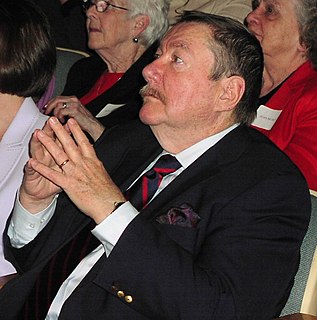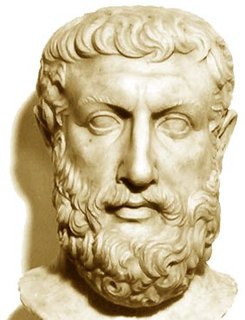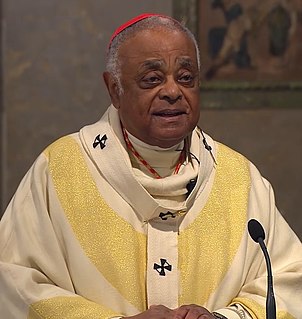A Quote by Thomas Aquinas
We must love them both, those whose opinions we share and those whose opinions we reject, for both have labored in the search for truth, and both have helped us in finding it.
Related Quotes
My son, I do not say these are foals and those asses, these little monkeys and those great baboons, as you would have me do. As I told you from the first, I regard them as earth's heroes. But I do not wish to believe them without cause, nor to accept those propositions whose antitheses (as you must have understood if you are not both blind and deaf) are so compellingly true.
In one sense, no act of reparation will be satisfactory for those whose lives were so under-valued both as human beings held in slavery and then as human chattel to satisfy the financial indebtedness of a Catholic institution. Nonetheless, the university must also put into place - as it is attempting to do - a program that both admits the horror and error of its past actions and directs its students, faculty, and administrations to an awareness of the dignity of all people, especially those who even today are often considered less than worthy of respect and dignity.
Both instruments are processors of information. Both appeared when nothing quite like them had existed before, and both began to make their effects felt immediately (a situation that isn't invariable with new technology). Both devices were less the result of a single breakthrough than of an evolving set of technologies. Like the computer, the printing press had no one certain inventor; it was a technology whose time had come.
You have two choices in life - you can dissolve into the main stream or you can be distinct. To be distinct, you must be different. To be different you must strive to be what no one else but you can be. Don’t be so concerned with the opinions of others; those who follow the quiet, creative voice from within are both fortunate and correct.
And last are the few whose delight is in meditation and understanding; who yearn not for goods, nor for victory, but for knowledge; who leave both market and battlefield to lose themselves in the quiet clarity of secluded thought; whose will is a light rather than a fire, whose haven is not power but truth: these are the men of wisdom, who stand aside unused by the world.
Both Socrates and Jesus were outstanding teachers; both of them urged and practiced great simplicity of life; both were regarded as traitors to the religion of their community; neither of them wrote anything; both of them were executed; and both have become the subject of traditions that are difficult or impossible to harmonize.
Both art and science are bent on the understanding of the forces that shape existence, and both call for a dedication to what is. Neither of them can tolerate capricious subjectivity because both are subject to their criteria of truth. Both require precision, order, and discipline because no comprehensible statement can be made without these. Both accept the sensory world as what the Middle Ages called signatura regrum, the signature of things, but in quite different ways.






































